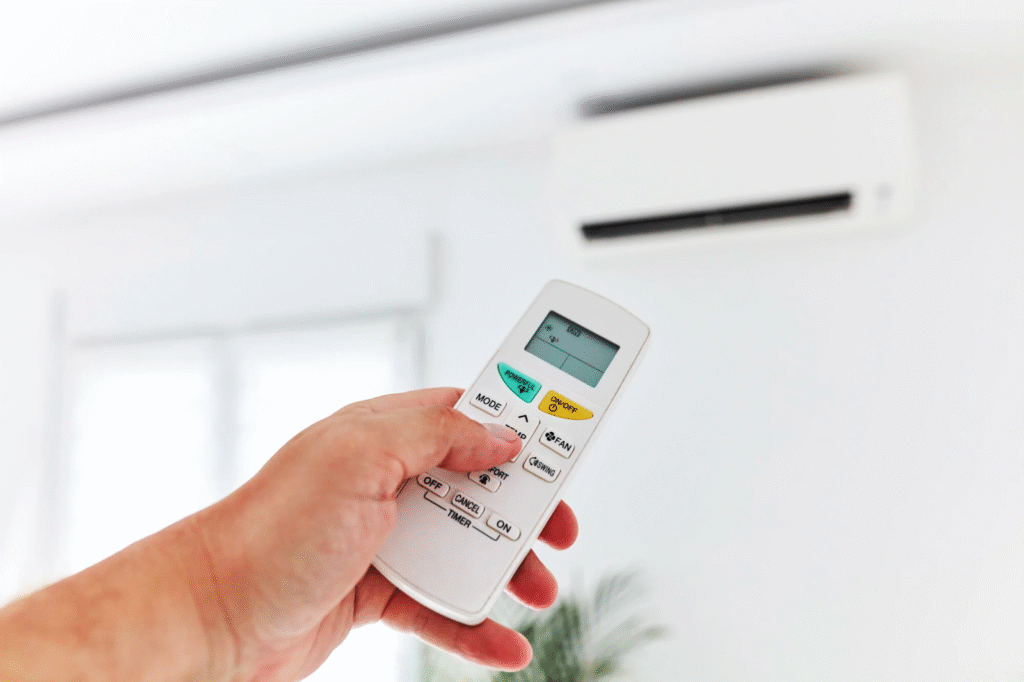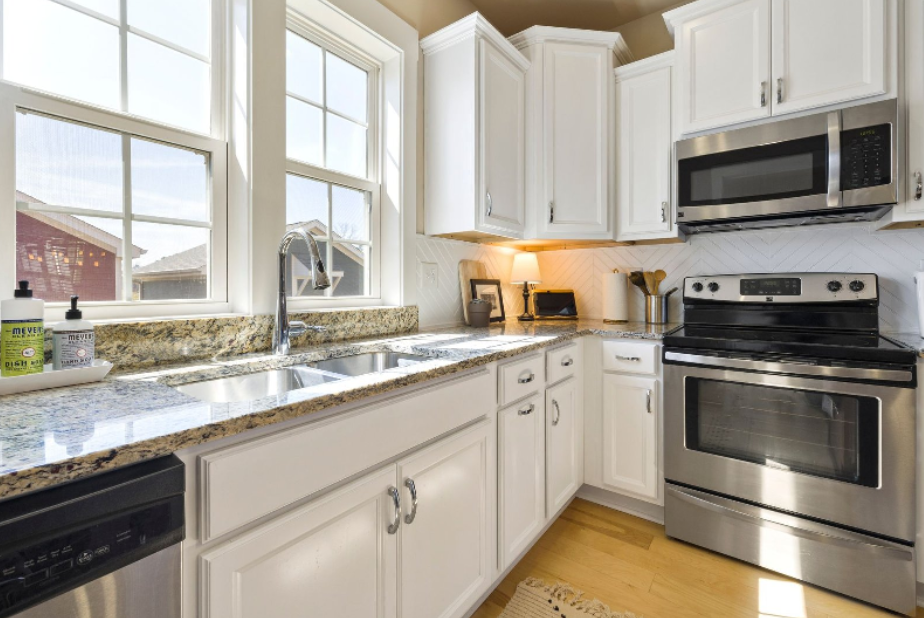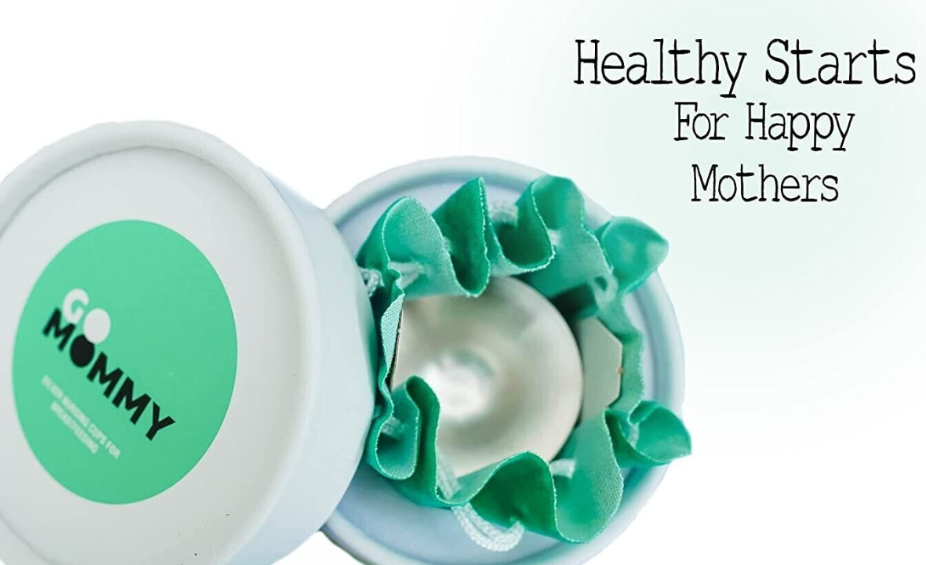Your HVAC system plays a key role in maintaining comfort and air quality year-round. Whether it’s sweltering outside or freezing cold, your heating and cooling setup needs to perform without fail. But to keep it running smoothly, it takes more than just flipping a switch on the thermostat. Efficiency doesn’t happen by accident; it requires routine attention, timely maintenance, and smart usage habits that extend system life while keeping energy bills in check.
Neglecting your system can lead to unnecessary repairs, uneven temperatures, or even premature breakdowns. With the right care, your HVAC system will serve your home dependably and cost-effectively for many years.
Schedule Regular Professional Maintenance
Annual inspections by a certified technician are among the most important steps to ensure HVAC efficiency. These service appointments often include cleaning internal components, tightening loose connections, checking refrigerant levels, and testing performance metrics. Professionals can spot wear and tear before it turns into serious damage, saving you from emergency repairs down the line.
Routine servicing typically takes place in the spring and fall, preparing your unit for heavy usage during summer and winter. A small investment in upkeep goes a long way toward preventing expensive problems and keeping energy consumption under control.
Replace Air Filters Frequently
Air filters are your HVAC system’s first line of defense against dust, pollen, and debris. Over time, filters get clogged, restricting airflow and forcing your system to work harder to achieve the same output. That added strain reduces efficiency and may shorten your system’s lifespan.
Most manufacturers recommend changing filters every one to three months, depending on usage and household conditions. Homes with pets, allergy sufferers, or construction projects nearby may need more frequent replacements. Clean filters help your system breathe better and distribute air more effectively throughout your space.
Keep Vents and Ducts Clear
Blocked or closed vents prevent proper airflow and can create pressure imbalances in your HVAC system. This uneven distribution forces certain parts of your system to overcompensate, using more energy to push air through the ducts. Make sure that furniture, rugs, and other items don’t obstruct airflow at vents.
Dust and debris buildup in ductwork can create additional resistance. Periodic duct cleaning, especially in older homes or homes with visible buildup, keeps airflow unobstructed and helps maintain indoor air quality. It also reduces allergens and lowers the risk of mold growth in hidden spaces.
Install a Programmable Thermostat
Using a programmable thermostat gives you more control over when and how your HVAC system operates. Instead of running constantly at one setting, the system can adjust temperatures based on your daily schedule. For example, you can set it to reduce output while you’re at work and return to a comfortable level before you get home.
Some smart thermostats learn your habits over time and make automatic adjustments. These devices enhance comfort and significantly reduce energy use. Programming temperatures around your routine helps cut unnecessary usage without sacrificing performance.
Seal and Insulate Your Home
Even the most advanced HVAC system can’t perform well in a poorly sealed house. Cracks around windows, unsealed doors, and under-insulated attics let treated air escape and force your system to compensate for the loss. The result is longer run times and higher energy bills.
Inspecting your home for leaks and sealing gaps with caulk or weatherstripping improves overall insulation. Attics and basements often need added attention, as they’re common sources of heat transfer. Efficient insulation reduces the strain on your HVAC system and helps maintain consistent indoor temperatures.
Use Fans to Supplement Airflow
Ceiling fans and portable fans help distribute conditioned air more evenly, reducing the load on your HVAC unit. By circulating air, they eliminate hot or cold spots and create a more balanced indoor climate. In summer, fans help move cool air throughout the home; in winter, reversing the fan direction pushes warm air down from the ceiling.
While fans don’t change air temperature, they support your HVAC system by improving comfort and reducing the need to adjust the thermostat frequently. This small adjustment can result in noticeable energy savings over time.
Watch for Unusual Noises or Smells
Your HVAC system communicates through performance. If you notice grinding, banging, or squealing noises, or strange smells coming from the vents, these could be early signs of mechanical issues or electrical problems. Sudden changes in output or airflow are other red flags.
Addressing these signs early can prevent bigger, more expensive problems. Instead of guessing, contact an experienced service provider like Landry Mechanical Inc. Plumbing, HVAC & Electrical Services, or another similar one to evaluate the issue properly. Skilled technicians can pinpoint the root cause and recommend practical solutions to keep your system on track.
Don’t Overwork the System
It’s tempting to set the thermostat to extreme temperatures for fast results, but that practice actually forces your HVAC system to run longer without achieving your desired outcome any faster. Gradual adjustments reduce wear and tear and help maintain a steady indoor climate.
Avoid running the system when windows are open or while appliances that generate heat, such as ovens, are in use during warm months. Being mindful of indoor conditions helps your HVAC system perform more effectively without unnecessary strain.
Keep Outdoor Units Free of Debris
The outdoor portion of your HVAC system needs space to work efficiently. Leaves, grass clippings, and dirt can build up around the condenser, restricting airflow and leading to overheating. Trim shrubs and remove obstructions around the unit to ensure proper ventilation.
Clean the exterior regularly and make sure nothing blocks the fan or vents. Good airflow around your outdoor equipment supports the entire system and reduces the risk of overheating during hot months.
Keeping your HVAC system efficient is a combination of regular maintenance, smart upgrades, and mindful daily habits. From simple filter changes to using programmable thermostats, small efforts add up to big gains in performance, comfort, and cost savings. When your system runs smoothly, your home stays comfortable, and your budget stays intact.






